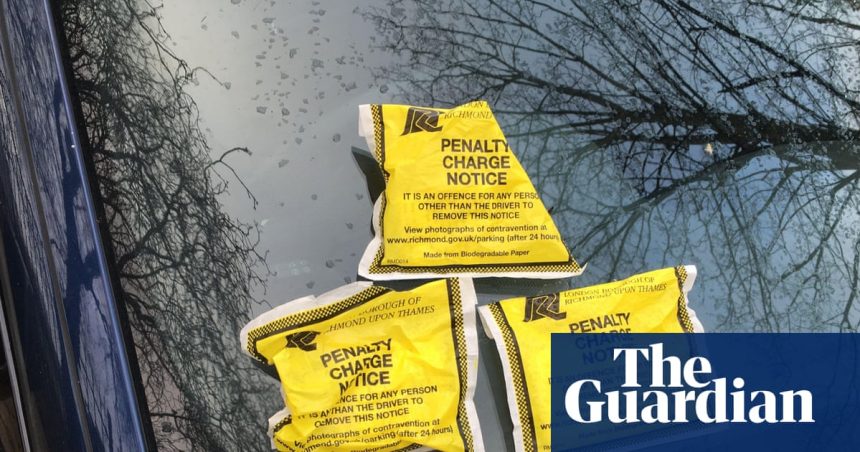A couple from Cardiff is facing unexpected consequences after a mix-up with their council parking permits. For the past three years, they have automatically renewed their two permits, paying a total of £110 in April this year. However, a month later, they learned that the permits had been canceled due to alleged incomplete documentation submitted during their initial application in 2022.
According to Cardiff Council, applications are typically approved without thorough checks on supporting documents, relying instead on random spot checks to identify issues. Residents are granted 14 days to provide any missing information, with failure to do so resulting in permit cancellation without a refund.
The couple discovered the notification of their permit cancellation buried in their spam folder. Frustrated in their attempts to communicate with council officials, they now face three parking tickets, accumulating to a total of £150.
The situation raises several concerns about the council’s processes, including the lack of verification for applications and the assumption that permit holders can respond promptly, even in unexpected circumstances. When approached for comment, the council acknowledged that it does not routinely verify the eligibility criteria, relying on applicants to confirm their qualifications for permits.
This policy, which pushes the responsibility to the applicants, means that notifications like the one received by the couple may go unaddressed if individuals are away or incapacitated.
In response to the couple’s situation, the council has since reinstated their permits at no additional charge and canceled the parking tickets, but it appears their system remains unchanged. Meanwhile, Anna Tims, recognized this year as the consumer champion of the year at the Headline Money awards, has continued to advocate for consumers by highlighting similar issues, including wrongful Ulez fines imposed on EU citizens and councils’ treatment of bereaved tenants’ relatives.
As the conversation around consumer rights and council practices evolves, the couple hopes their experience can spark broader discussions on accountability and transparency in local government dealings.





